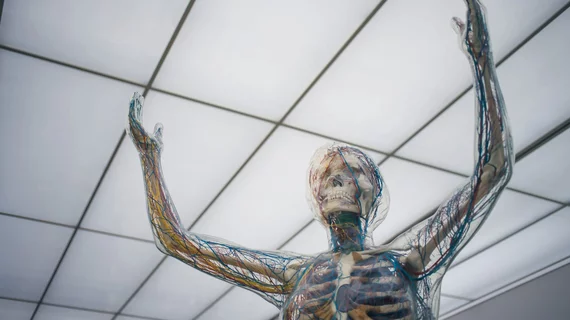$20M to help machine learning map the immune system
AI startup Immunai has announced it’s working to map the entire human immune system with $20 million in seed funding to push the project along.
The company, which has operations in Israel as well as the U.S., already has clinical partnerships with 10 medical centers plus commercial collaborations with various biotech and biopharma companies.
“Drugs that improve immune response to cancer are transformational for some patients, but don’t work in 50% to 70% of other patients,” CEO Noam Solomon tells Crunchbase News. “We are trying to understand what therapies work—when they work—by measuring the immune system at high resolutions. We can then use those insights to improve the design of combination therapies.”
Founded in early 2019, Immunai leverages single-cell technologies to profile cells from a blood sample, according to Crunchbase.
Immunai’s proprietary database uses AI algorithms to map the hundreds of cell types and their states to create an immune profile, according to Crunchbase. That profile is then used to support biomarker discovery and insights showing how a cell responds to its changing environment.
Read the rest:

